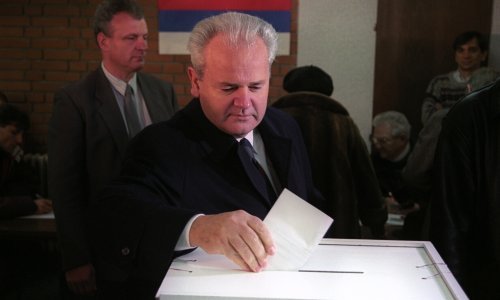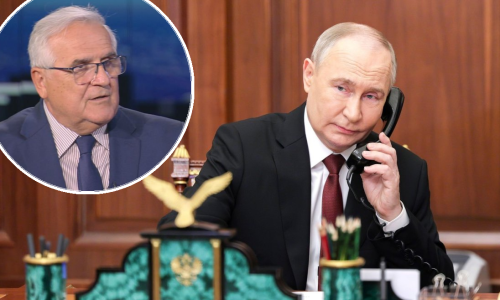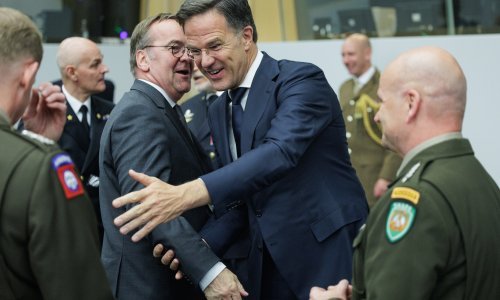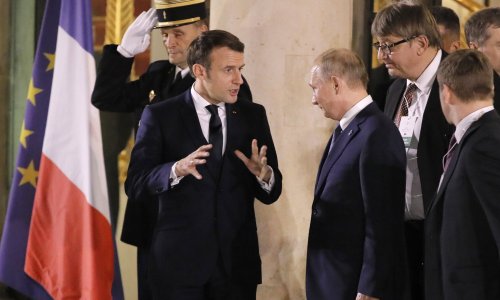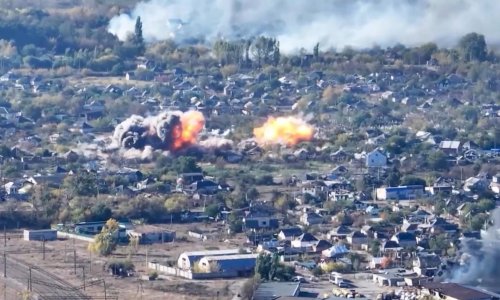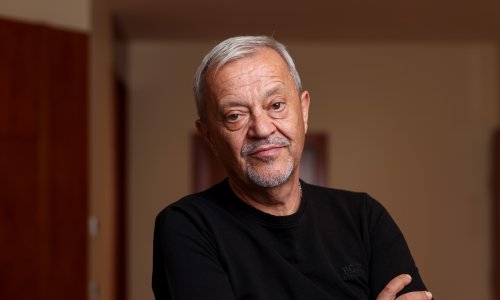Richard Holbrooke, the US architect of the Dayton peace agreement, died in a Washington hospital on Monday evening from the consequences of a torn aorta at the age of 69.
Holbrooke was best known as the key peace mediator and architect of the Dayton agreement in 1995 which ended a bloody three-year war in Bosnia and Herzegovina. It is less known that in 1992, after visiting the Serb-run concentration camp Manjaca near Banja Luka and writing about it in The New York Times, he considerably contributed to the US administration's decision to become engaged in the wars in the former Yugoslavia.
That is what his close friend, Peter Galbraith, a former US ambassador to Croatia who accompanied Holbrooke to Manjaca, told CNN.
Holbrooke also played an important role in stopping the Serb aggression in Kosovo in 1999 and in NATO's expansion in eastern Europe.
One of his most significant achievements was the mediation in the Dayton peace agreement. He described his experience in the negotiations at base Wright-Patterson in a 1998 memoir, "To End a War".
James Dobbins, a former US envoy for Afghanistan and close associate of Holbrooke, called him a brilliant diplomat and said that his success with the Dayton agreement had been a watershed in the Clinton administration's foreign policy.
Holbrooke's efforts in Dayton stirred controversies last year when Bosnian Serb wartime leader Radovan Karadzic told the Hague war crimes tribunal that Holbrooke had promised him immunity from prosecution if he abandoned politics, which Holbrooke refuted.
In 2005, Holbrooke received the Dayton Peace Award.
In 1998, he negotiated with the then Yugoslav President, Slobodan Milosevic, about withdrawing his troops from Kosovo, where they were engaged in ethnic cleansing, and allowing the arrival of international observers.
When the deal fell through, Holbrooke went to Belgrade to deliver an ultimatum to Milosevic to leave Kosovo or face NATO air strikes. In the spring of 1999, NATO launched an 11-week air strike against Serbia, which ended the war in Kosovo and soon resulted in the fall of Milosevic's regime.
The Croatian ambassador to the US, Kolinda Grabar Kitarovic, said Holbrooke's death was a "big loss for US diplomacy."
She was attending a Christmas reception at the State Department, where President Barack Obama and Secretary of State Hillary Clinton spoke of Holbrooke as a great man of US diplomacy who had tirelessly promoted US interests as well as world peace and security for 50 years.
"We remember his role in Bosnia and Herzegovina, which President Obama recalled, too," she told Voice of America.






